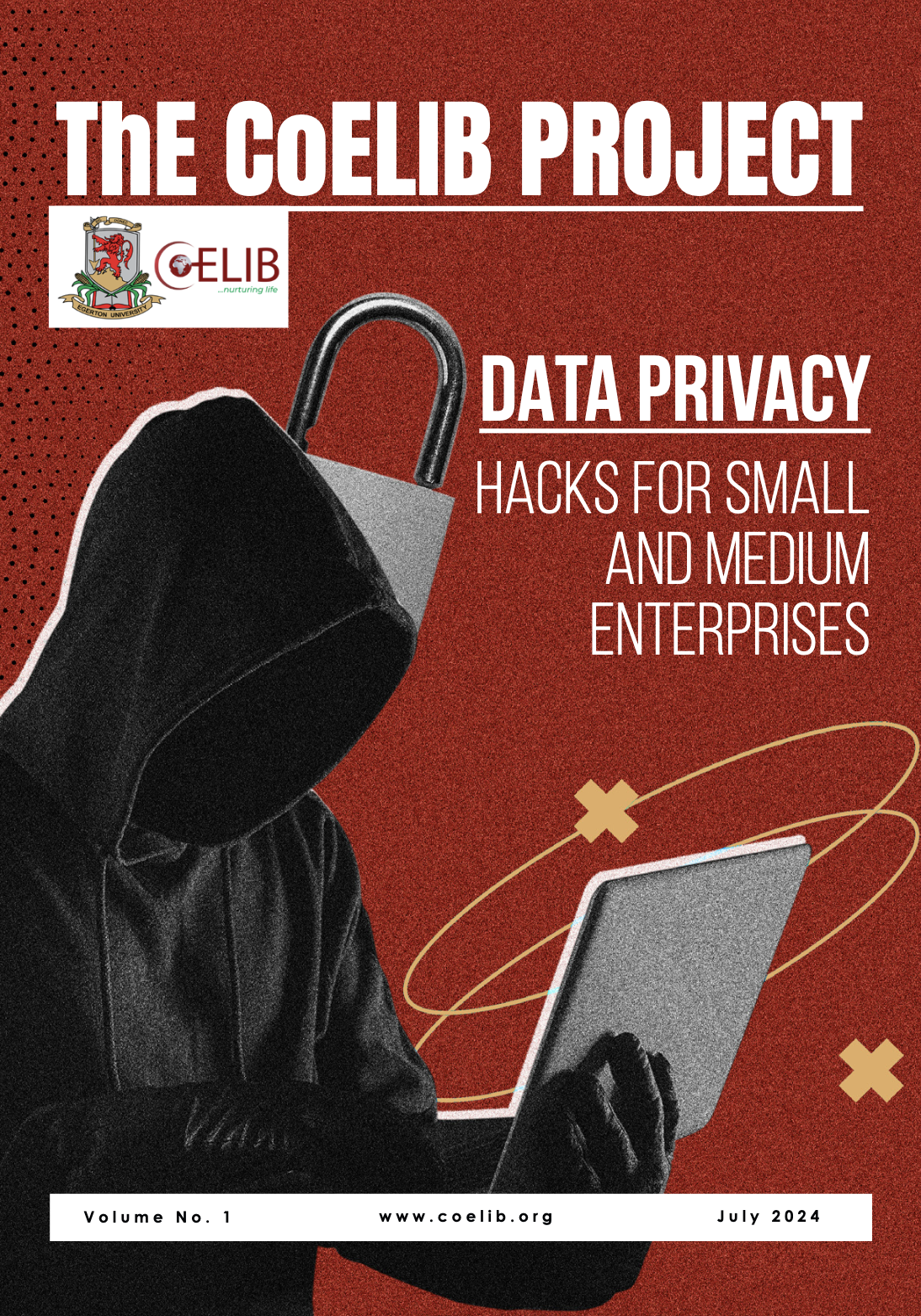Tracing back history, Pride Month continues to be more than just a display of colours. It is commemorated in remembrance and activism of the Lesbian, Gay, Bisexual, Transgender and Queer (LGBTQ+) community.
Pride Month traces its roots back to the June 1969 Stonewall riots, a series of spontaneous demonstrations by members of the LGBTQ+ community in response to a police raid at the Stonewall Inn in New York City. These events marked a turning point in the fight for LGBTQ+ rights, spurring a movement that continues to influence society today. Globally, pride events continue to create a sense of belonging and provide a platform to amplify the voices of LGBTQ+ activists in the quest for equality and inclusivity on a global scale.
Pride Month provides an opportunity to identify the intersectionality between different aspects of identity, including sex, race, ethnicity, gender, religion, and disability, which have diverse and intersecting experiences within the community. Individuals in these diverse groups face discrimination, isolation, access barriers, and legal and policy challenges. Understanding these intersecting challenges is key to creating a more equitable society where everyone is treated with respect and dignity.
In recent years, Pride Month has continued to evolve from a movement of resistance and protest to a global month-long celebration. The event has been significant in growing the representation of the LGBTQ+ community in media, culture, and society. While inclusion is not yet fully accepted as a mainstream conversation, the media has been instrumental in counteracting negative stereotypes and promoting understanding and acceptance of marginalised groups by creating a platform to share and amplify their stories.
Other substantial achievements include promoting more gender-inclusive policies across countries and organizations, media visibility through shows, films, books, etc. These significant achievements serve as a foundation for the fight that lies ahead toward creating a more inclusive and equitable society.
The Future of Inclusivity at CoELIB
The CoELIB Project continues to show unwavering support for underrepresented minorities. The organisation is committed to fostering diversity and inclusivity and advocating for equal rights and representation. CoELIB strives to offer everyone a safe and supportive learning and working environment. To uphold this commitment, it implements a Protection from Sexual Exploitation and Abuse (PSEA) Protocol that seeks to promote the safety and security of fellow staff and direct and indirect beneficiaries, including youths and children (under 18).
The outlook for the LGBTQ+ community carries hope and promise. However, much must be done to sustain progress. What are you doing to address discrimination and exclusion?



